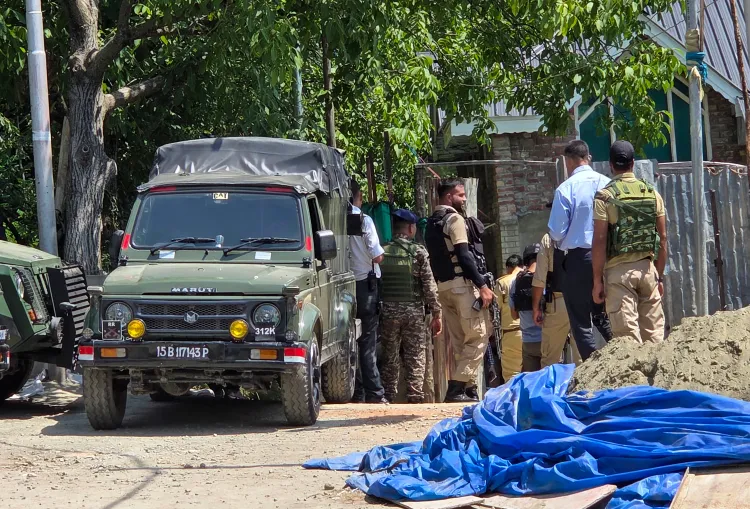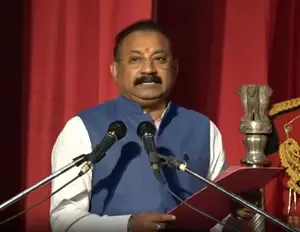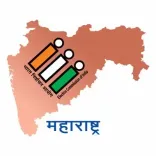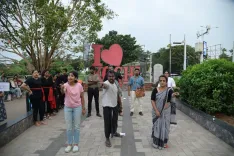Did NADRA Cards Link Pakistan to the Pahalgam Attack?

Synopsis
Key Takeaways
- NADRA cards found on terrorists link them to Pakistan.
- LoRa communication sets facilitate secure and undetectable communications.
- Initial claims of local involvement were proven false.
- Evidence points to a well-coordinated operation.
- Security forces recovered various items besides communication devices.
New Delhi, Aug 2 (NationPress) It is widely acknowledged that following every terrorist incident in India, Pakistan has consistently denied any involvement. Whether it’s the Mumbai 26/11 attack, Uri, Pahalgam, or Pulwama, Pakistan has always attempted to portray these as acts committed by local factions.
However, the situation appears to shift when addressing the Pahalgam attack, which claimed the lives of 26 innocent individuals. In the aftermath, The Resistance Front took responsibility for the incident, but under pressure from Pakistan, this group—acting as a proxy for Lashkar-e-Taiba—quickly retracted that claim.
Following the Pahalgam incident, India initiated Operation Sindoor. Nevertheless, the perpetrators remained elusive until security forces successfully neutralized them 90 days later.
Initial investigations revealed a direct connection between the attack and Pakistan. While local involvement was initially suspected, further inquiries indicated that all three terrorists were actually of Pakistani descent.
A pivotal piece of evidence obtained by the authorities was the NADRA card information found on the terrorists' mobile devices. These NADRA cards are computerized national identity documents issued by Pakistan's National Database and Registration Authority.
The NADRA card serves as the primary identification for Pakistani citizens, both domestically and abroad, making its discovery a significant link to Pakistan.
The presence of these card details on terrorists' phones unequivocally indicates their Pakistani origin since such cards are not granted to local militants.
Another crucial piece of evidence collected by investigators includes LoRa (long-range) communication devices taken from the deceased terrorists. These devices may further establish Pakistan's involvement in the attack.
Data from the LoRa sets will assist investigators in tracing the terrorists' movements, potentially revealing their locations over the preceding months and determining the source of the devices.
Recently, terrorists have opted for LoRa sets in lieu of satellite phones; these devices facilitate secure long-distance communication without relying on cellular networks or the internet. Unlike satellite phones, which are susceptible to interception, LoRa sets are designed to be more secure.
Indian agencies first detected the use of LoRa devices when some infiltrating terrorists were neutralized. It was found that these sets were employed not only to evade detection but also to maintain communication with their handlers in Pakistan.
The terrorists responsible for the Poonch-Rajour attack also utilized LoRa sets, which are incorporated into custom-built encrypted radios that prevent message interception, complicating detection efforts.
Nevertheless, there are techniques available to locate these sets when activated, though their range is limited to 3-5 km, making detection particularly challenging in forested regions.
In addition to the LoRa devices and NADRA card details, security forces have recovered various items, including a 28-watt solar charger, a GoPro harness, mobile chargers, needles and threads, medications, a Swiss Military power bank, dry rations, tea powder, and a stove.









